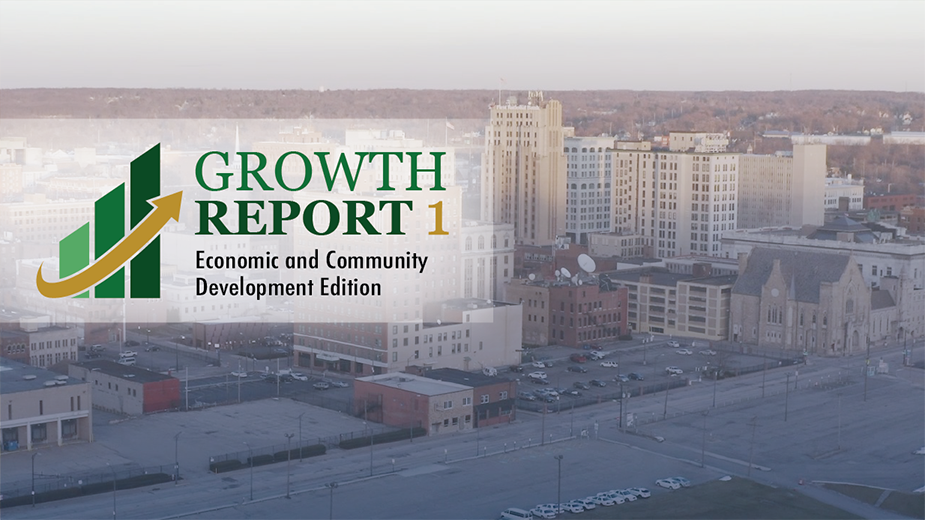YOUNGSTOWN, Ohio – For Mahoning County commissioners – Anthony Traficanti, Carol Rimedio-Righetti and David Ditzler, the pandemic provided an opportunity to work with local partners to address needs and improve quality of life for residents.
“The pandemic has been a challenge. But these challenges have highlighted the great organizations we have in the county and what great partners they have become,” says Audrey Tillis, county administrator. “These partners know firsthand how to get critical funding to where it is needed most in Mahoning County.”
Commissioners took advantage of resources from the Cares Act, the emergency rental assistance program and the American Rescue Plan Act to distribute much needed funding, Tillis says.
The county allocated $9.6 million to various partners to contact businesses and provide education and guidance on federal and state funding resources. Commissioners also are collaborating to address blight and enhance business districts.
Among the initiatives was one with Valley Partners, which assisted more than 350 business with grants through $3.4 million of Cares funding. Commissioners allocated $1 million more in ARP funds for businesses that did not receive Cares money. Valley Partners and the commissioners also established a $2 million revolving loan fund to assist area business with retention, expansion and startup loans, providing renewable seed funding for business for years to come, according to Tillis.
Another $10.6 million supported food distribution, mortgage and rental assistance, sanitation for congregate housing, contact tracing and home food delivery for seniors and shut-ins. Social services partners such as Catholic Charities, MyCAP, Direction Home of Northeastern Ohio, Mental Health and Recovery Board, Developmental Disabilities Board, United Way, Second Harvest Foodbank, and Veterans Service used this funding to reach out to the most vulnerable citizens in the communities
Those funds also were used for education and personal protective equipment, remote learning programs, installation of hand-washing stations at schools, and remote access to governmental services.
Additionally, Voice of Hope, a new shelter opened in collaboration with Catholic Charities, provided a place to keep families together when other housing options were limited because of social distancing guidelines and occupancy limits.
